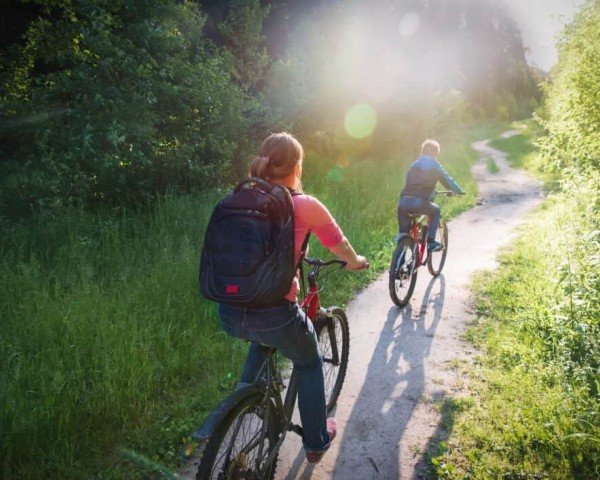Active tourism was a prominent trend among European travelers in the latter months of 2024. A recent study by Travellyze highlights this, indicating that 19.9% of respondents strongly prefer outdoor activities, a significant increase compared to 2023.
The study also found that social media platforms like Instagram, TikTok, and Facebook have grown in popularity among travelers, seeing a 7.8% increase from the previous year. Younger generations, particularly, view TikTok and Instagram as sources of inspiration and valuable tools for planning their travel experiences.
The increasing interest in experiences that combine adventure and a connection with nature explains the preference of active tourism, as these elements are becoming more popular than traditional travel options. In 2024, vacations in major cities and cultural and nature tourism have gained incredible popularity compared to events and festivals, which were the previous year’s favorites.
This transformation reflects the shift towards tourism that prioritizes not only urban and cultural experiences but also better harmony with the natural environment. This new tourist profile seeks a deep connection with nature and physical activities, a trend gaining traction in Italy, Spain, and Greece.
The primary motivations for 55.7% of those surveyed indicate a preference for beaches and coastal destinations, while cultural and gastronomic attractions, although still significant, have become less prominent. Additionally, changes in accommodation preferences have been noted: while three- and four-star hotels remain the most popular choice (47.5%), the preference for private accommodations through platforms like Airbnb has increased (33.4%) and now surpasses the option of staying with family or friends.
Italy is perceived as the most attractive tourist destination, closely followed by Greece, Portugal, and Spain. Regarding awareness and perception, Spain ranks highest, with France, Italy, and Germany following. This indicates these countries’ strong and appealing presence in the European tourism landscape.






